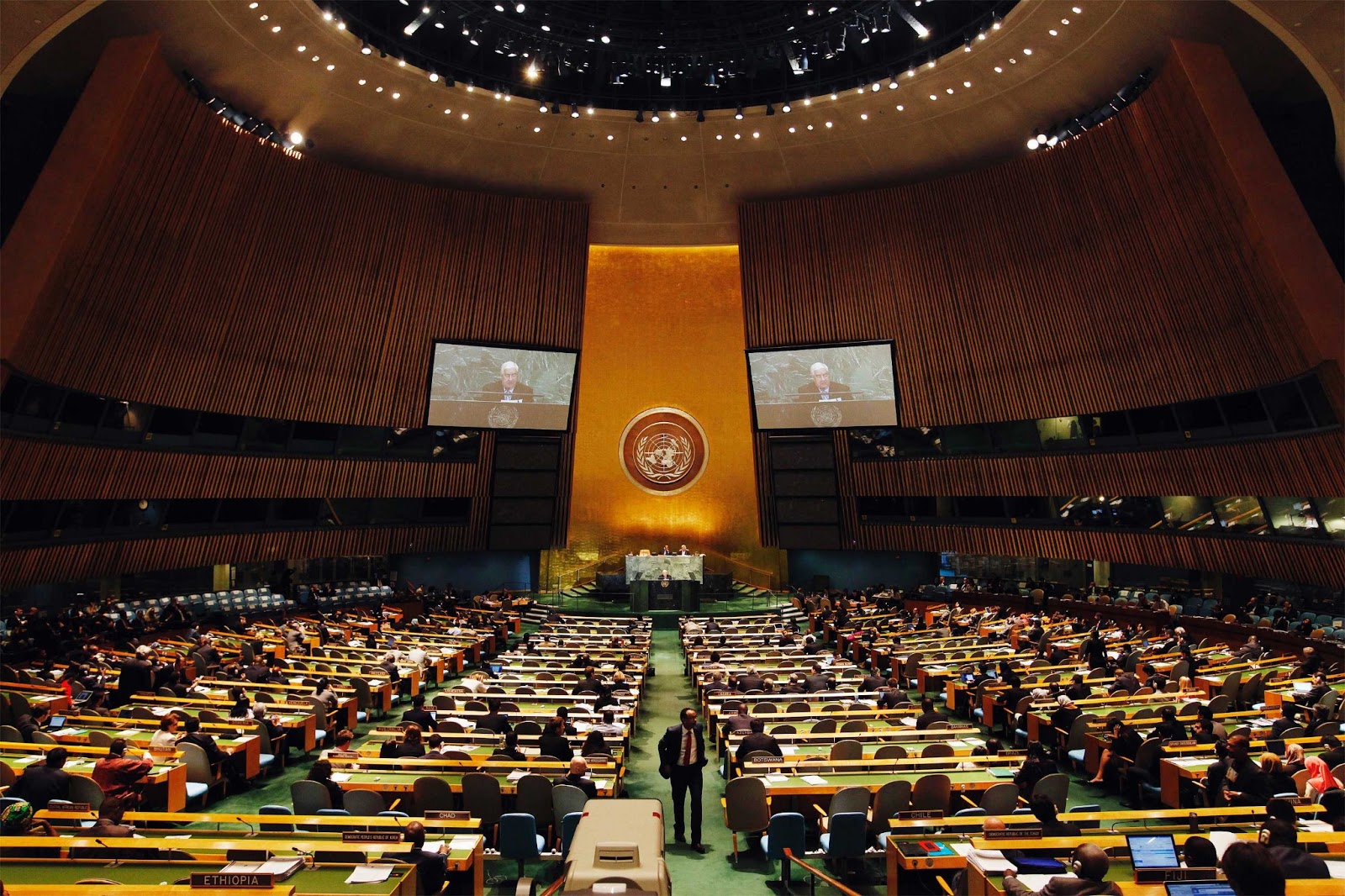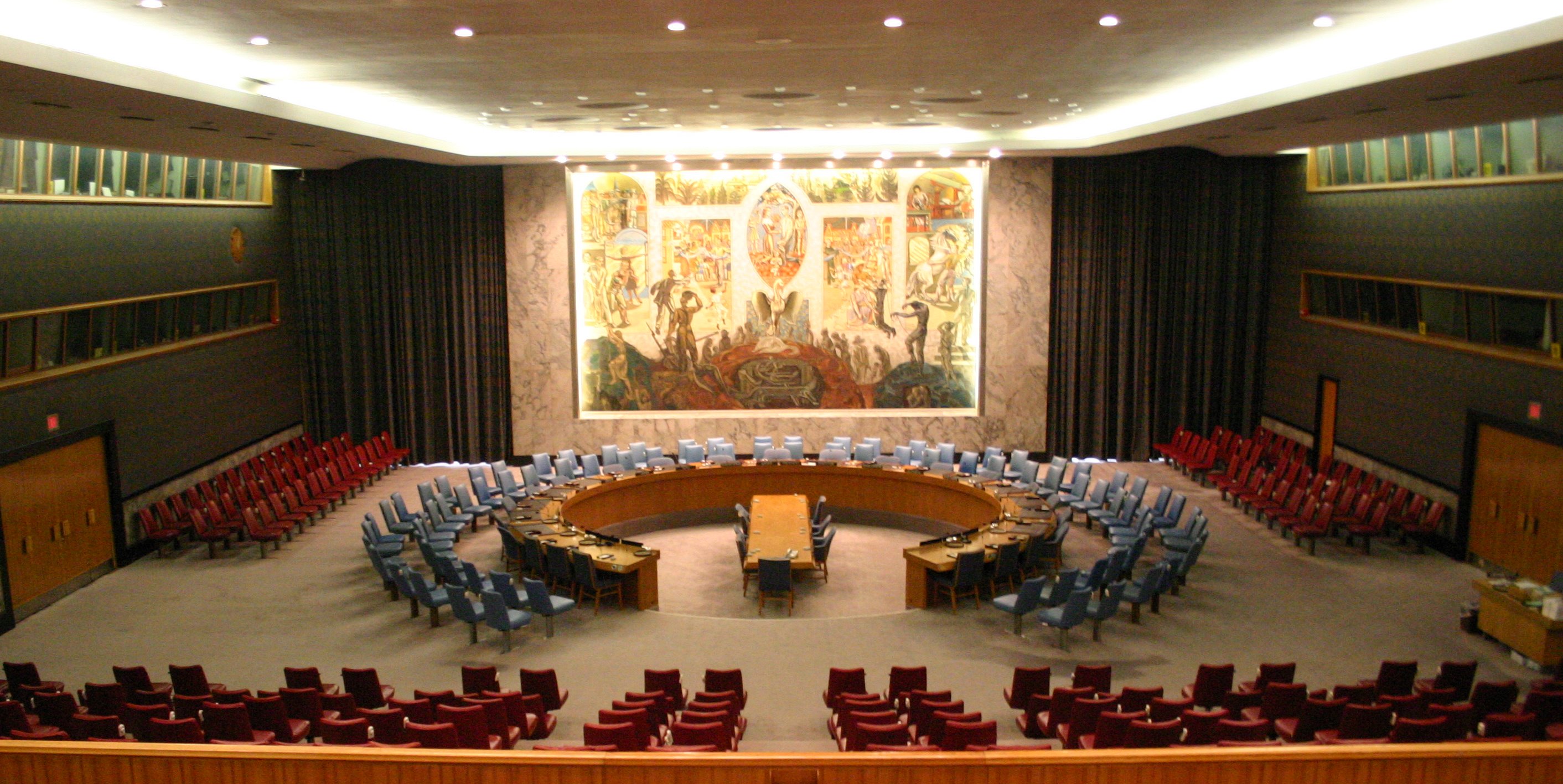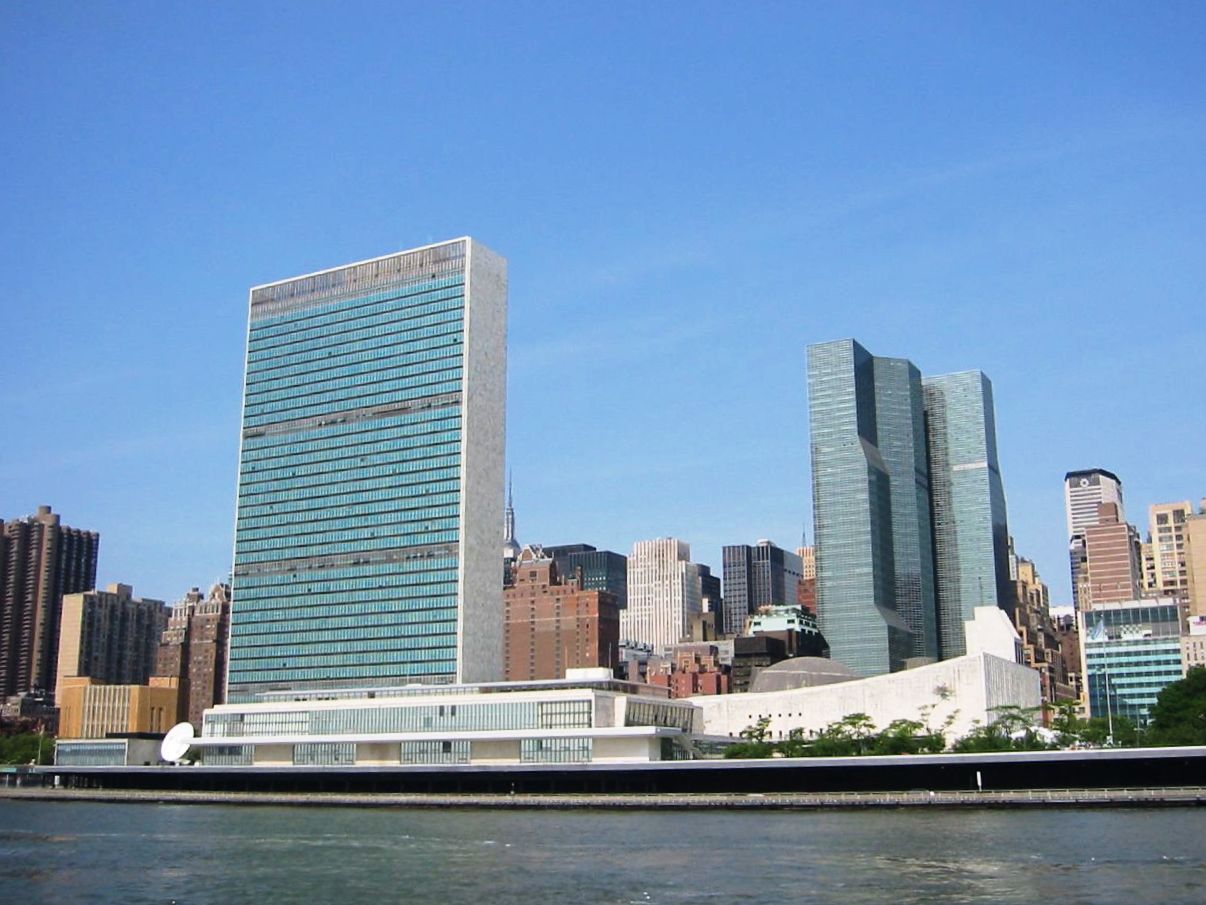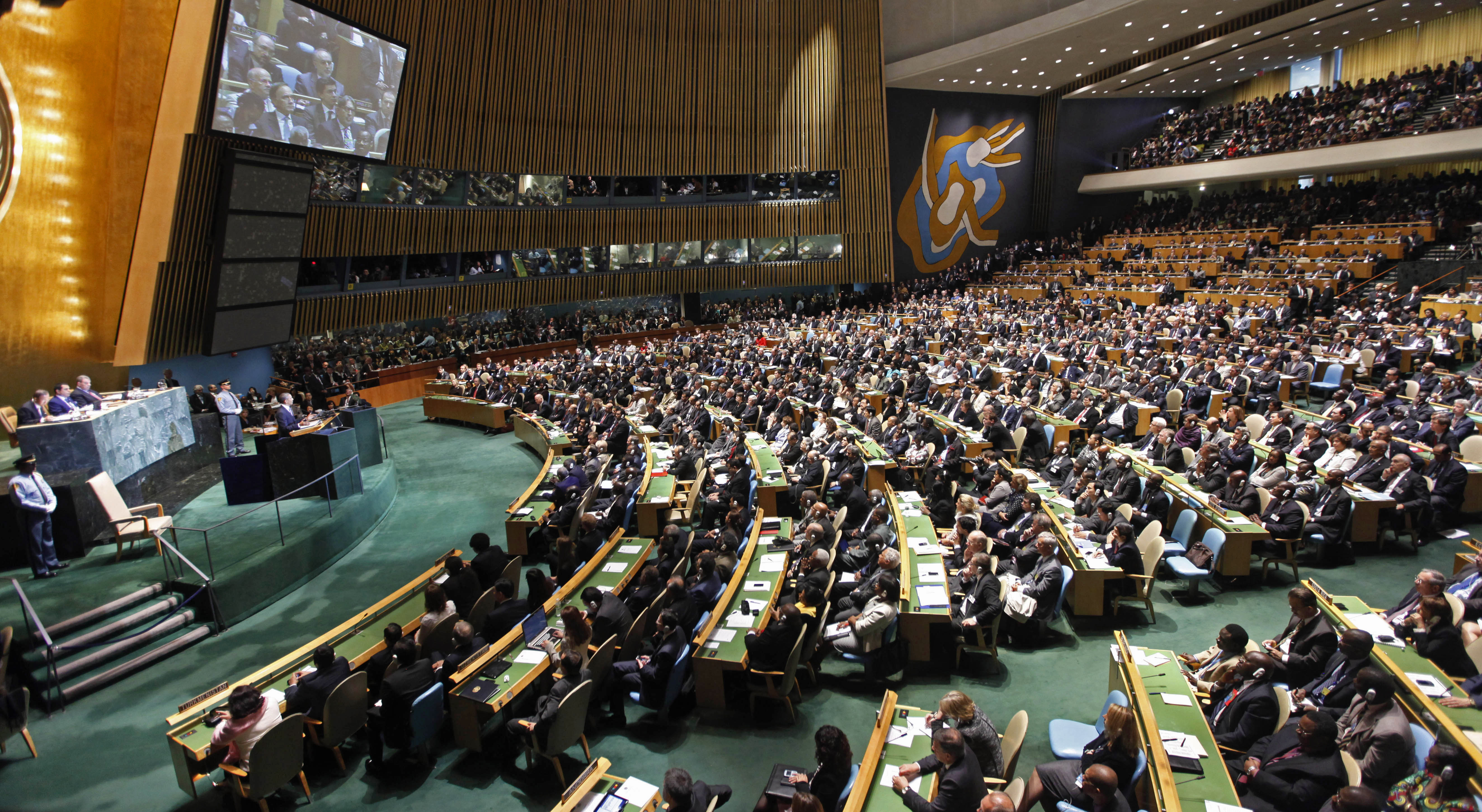2019 Monitoring reports for Angola, Equatorial Guinea, Vanuatu
SDG #8: Decent work and economic growth

Addressing youth employment remains a policy challenge, especially in Africa
In North America, central banks pause interest rate rises despite tight labour markets
Shortage of young workers prompts Japan to relax immigration policies

Growing demand for leveraged loans may pose a new global financial risk; surge in African sovereign external bond issuance raises concern; China?s recent policy easing may further increase the domestic debt level

WESP 2019 warns of rising climate risks to the world economy
Parts of Africa and Latin America still experiencing very weak per capita income growth
East and South Asia remain world?s most dynamic regions, but risks h

Data is shaping the future of humanity. The production, distribution and consumption of digital data-the data economy-are driving rapid advances in machine learning, artificial intelligence and automation. Individuals and businesses are using data to reduce search and transaction costs and make informed choices.

The global economy is facing a confluence of risks, which could severely disrupt economic activity and inflict significant damage on longer-term development prospects. These risks include an escalation of trade disputes, an abrupt tightening of global financial conditions, and intensifying climate risks.

The Handbook on the Least Developed Country Category is prepared by the Committee for Development Policy (CDP) to provide comprehensive information on the least developed country (LDC) category. This third edition of the Handbook builds

Il convient de prendre sans d?lai des mesures concr?tes pour r?duire les risques qui menacent l??conomie mondiale et asseoir les fondations d?une croissance ?conomique stable et durable. Une ?conomie mondiale dynamique et inclusive est au coeur de la r?alisation des objectifs ambitieux du Programme de d?veloppement durable ? l?horizon 2030. Les d?cideurs doivent s?employer ? limiter les risques ? court terme li?s aux vuln?rabilit?s financi?res et ? l?intensification des diff?rends commerciaux tout en mettant en oeuvre une strat?gie de d?veloppement ? plus long terme en vue de la r?alisation des objectifs ?conomiques, sociaux et environnementaux.

??? ????, ????? ????????? ????? ??? ??????? ????????? ? ???????? ?????? ??? ??????????? ? ??????????? ?????????????? ?????, ?????????? ???????????????? ? ?????????? ???????????? ????. ???????? ? ????????????? ??????? ????????? ?????? ???????? ???? ? ??????? ?????????? ?????, ???????????? ? ???????? ??? ? ??????? ??????????? ???????? ?? ?????? ?? 2030 ????.
 Welcome to the United Nations
Welcome to the United Nations